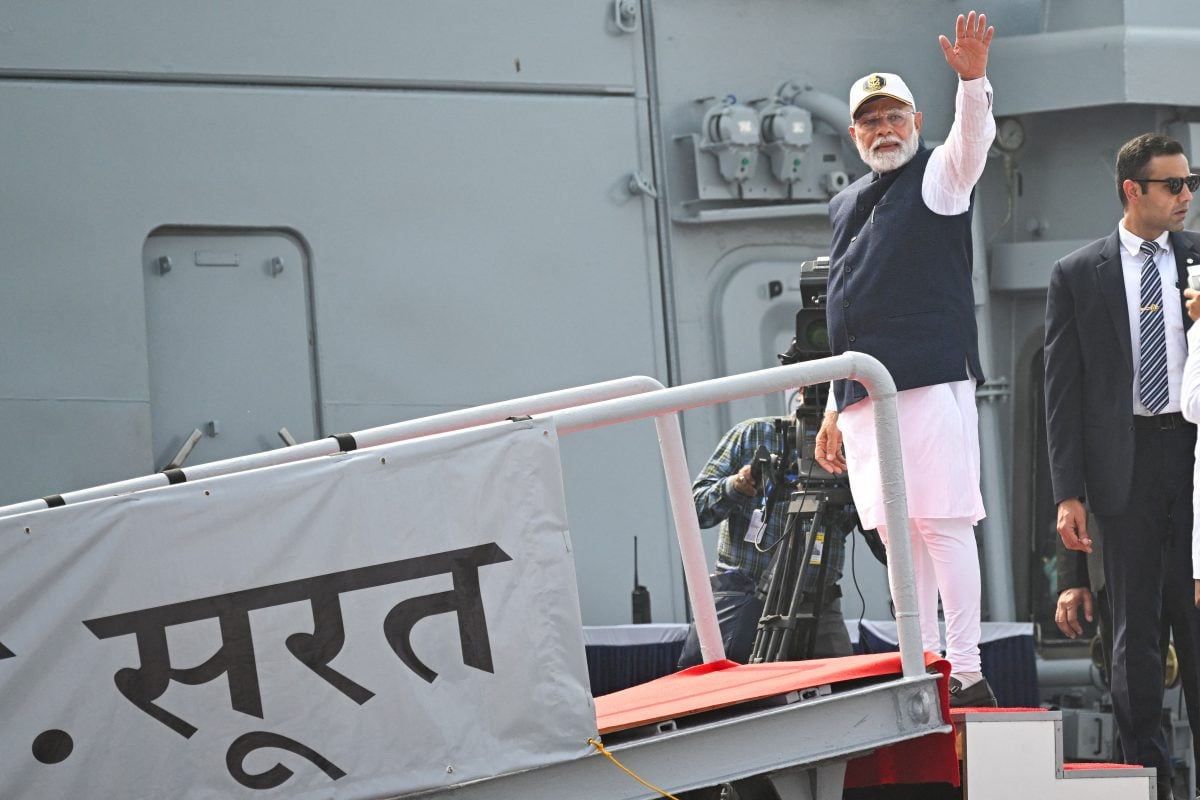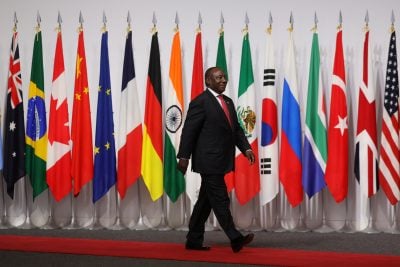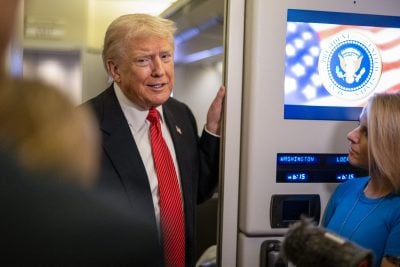India’s largest-ever joint naval exercises in Africa have taken place this week in the western Indian Ocean, as New Delhi seeks to build stronger ties with the continent.
The six-day naval exercises are being co-hosted by Tanzania and include eight other countries which have coastlines on the Indian Ocean, including Kenya, Madagascar, Mauritius, and South Africa. The exercises will focus on counter-piracy operations as India seeks to position itself as the security partner of choice in the region.
Harsh Pant, director of the Strategic Studies Programme at the Observer Research Foundation in New Delhi, tells African Business that the naval exercises are partly inspired by India’s desire to engage with Africa on regional security issues – but also to advance its broader diplomatic and economic goals on the continent.
“Working with Africa on regional priorities and managing some of the regional challenges in the maritime space is becoming more vital for India,” Pant says. “But I think it also conforms with India’s wider foreign policy goals, which have focused on the Global South.”
New Delhi positions itself as key partner
India has long sought to leverage its relationships in Africa in order to further a broad range of geopolitical and economic interests. India and African countries are united in their desire to reform global governance structures, for example, with India helping to secure permanent membership for the African Union in the G20 during its presidency of the group in 2023.
Trading relationships are also steadily growing between the two sides: India is now Africa’s third largest trading partner after China and the European Union, with bilateral trade reaching $93bn in 2022 – more than a nine-fold increase since the turn of the century.
At a time when Africa is keen not to be caught in the crossfire of an escalating US-China trade war, Pant says that India is positioning itself as a lucrative potential partner that is relatively immune from these tensions.
“African nations are wary of being trapped in the middle of the contest between the US and China,” he says. “India, which pursues policies independent of both countries, offers African countries a way to manage this greater structural change. Military exercises of this kind help to burnish India’s credentials as a viable partner.”
Africa seeking alternative trading partners
These engagements also come at a time when many African countries are looking for alternative trading partners after being hit with tariffs from the US. South Africa – which has already had several rows with the new Trump administration, including one that saw its ambassador to Washington DC expelled – is just one African country looking to diversify away from the US in light of its trade policy.
South Africa’s deputy president Paul Mashatile said last week that the country would seek to intensify its trading relationships with India and others in a bid to counter the impact of US tariffs.
This potentially creates opportunities for India to increase its engagement with India, Pant says.
“There is this sense that the US, particularly under Trump, is not interested in Africa,” he tells African Business. “China has, of course, been interested in Africa and has a major stake in the continent but is now bound up with its contest with the US. India does not have that problem and can bring partnerships to bear in the region to the benefit of itself and Africa.”
Want to continue reading? Subscribe today.
You've read all your free articles for this month! Subscribe now to enjoy full access to our content.
Digital Monthly
£8.00 / month
Receive full unlimited access to our articles, opinions, podcasts and more.
Digital Yearly
£70.00 / year
Our best value offer - save £26 and gain access to all of our digital content for an entire year!

 Sign in with Google
Sign in with Google 



